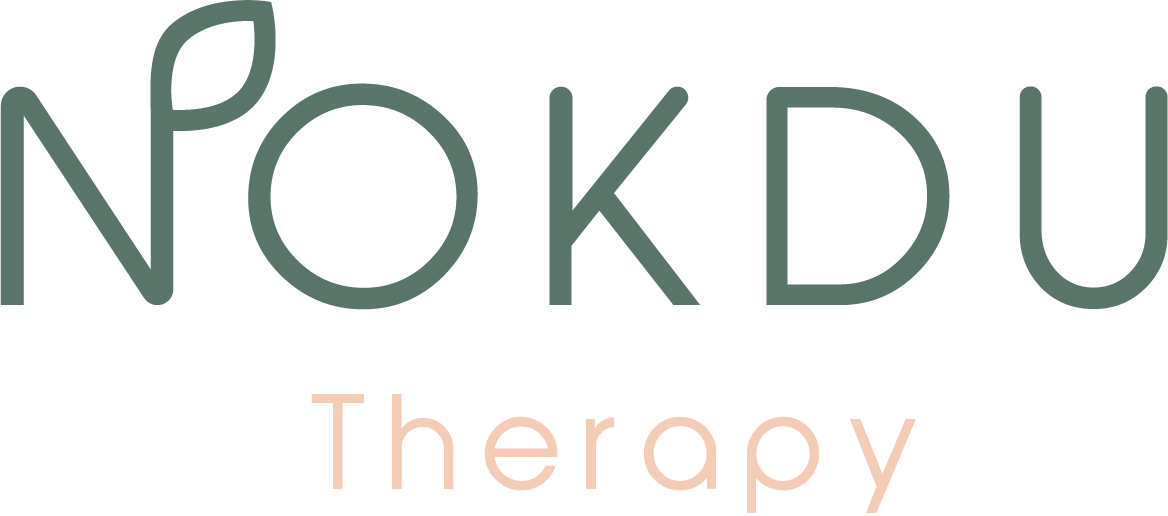How to Find a Rad Therapist: Beginning the Search
Many of us have had the thought at some point, “Maybe therapy can help. I should find a therapist.” If you’re anything like me, though, the effort it takes to go from entertaining the option to scheduling your first session can feel like an insurmountable task. Here are some tips to support you in making it happen one step at a time.
Searching for Potential Therapists
So, where do you start? If you have health insurance, you can call your insurance company’s behavioral health line and ask them for a list of therapists who meet your needs. They will literally email you a spreadsheet of providers to call.
Sometimes the therapists on these insurance lists already have a full schedule or may not meet some of the criteria that you’re looking for. Using a regular search engine also tends to bring up large corporate group practices or agencies that may not meet your specific needs. You may have more luck looking at therapy directories, like Inclusive Therapists or the National Queer and Trans Therapists of Color Network, where you can filter for therapists based on location, insurance, identities, and more. You can access a list of directories here.
Contact Potential Therapists
I’ve found that most therapists prefer to be contacted via email or text. Therapists are often in client sessions with only a ten minute break in between, which can make it difficult to get back to folks via phone call. I’m going to be real though: many therapists often don’t have space to take on a new client or may not respond to your communication, even if it’s through email or text. I recommend that you copy+paste your message, and email or text as many therapists as you’d like to cast a wide net, and then use the consultation call to see if you actually vibe.
Your initial text or email might be a useful place to get an initial temperature check of whether the therapist might be a good match for you. You can read the next article to read more on how to expand on some of these areas in a consultation call. In the meantime, here are areas you may want to ask about in your message, before offering 15-30 minutes of your time for a call:
Payment: (i.e. session costs, insurance coverage, etc.)
“How much do you charge per session? “
“Do you offer biweekly or monthly sessions to accommodate what I can afford?”
“I have LA Care. Do you take my insurance?”
Therapist identities: (i.e. race, sexual orientation, chronically ill, etc.)
“I am looking for a BIPOC therapist who can hold how my experiences as a Guatemalan person intersects with my mental health. If that is compatible with your approach, are you available for a free consultation call?”
Values: (i.e. Abolitionist, Anti-Imperialist, Fat Liberation, Disability Justice, etc.)
“I’m looking for a therapist who has a neurodivergent framework for understanding Autism and ADHD.”
“I have an eating disorder, and would like to work with a therapist who is invested in fat liberation and body neutrality.”
Experience: (i.e. Individual therapy, Children’s therapy, Relationship therapy, etc.)
“I’m looking for a therapist for my 68 year old mother who immigrated from Bangladesh.”
“I would like to find a therapist who can work with my 16 year old daughter who is navigating being trans.”
Training: (i.e. DBT, EMDR, IFS, Psychodynamic, etc.)
“I’m looking for therapy to address some difficult childhood experiences that continue to impact me now. I’ve tried talk therapy before, and am interested in someone who can help me with my experiences with dissociation and feeling emotionally overwhelmed.“
It can be helpful to share 3-5 sentences about yourself in your message. Of course many people’s needs and circumstances will require a much shorter or much longer message, so ultimately do what works for you! I say this though because some therapists may only have one or two spots left for a new client, and may be saving those spots for someone who they feel they can support the best, based on what you’re looking for. Don’t hold back if you feel inspired to share about some of the things we mentioned, like your identities, personal experiences, and values. Read the next article if you need some guidance in navigating the next step: having a consultation call!
